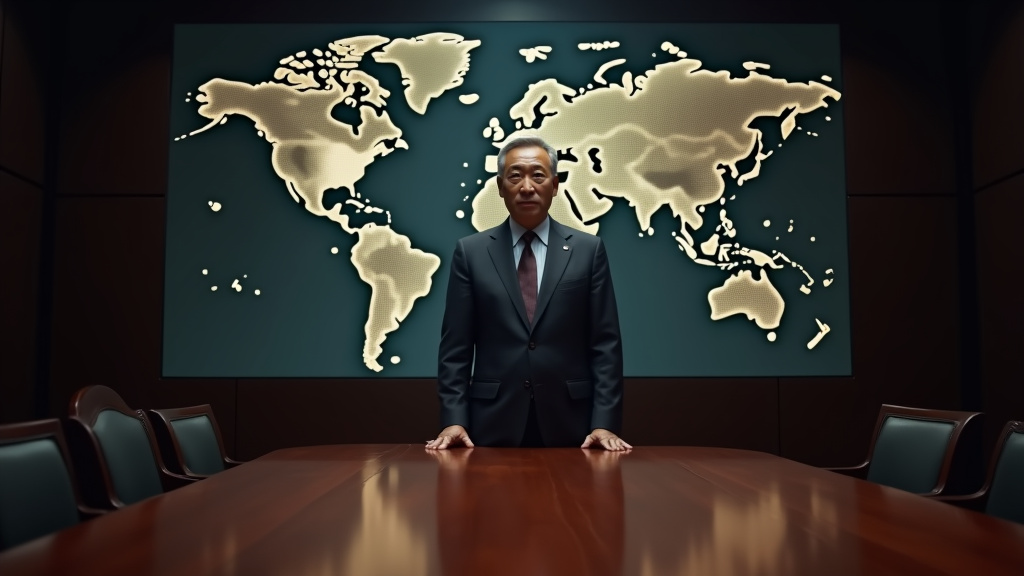GAZA CITY — The humanitarian crisis and conflict in the Gaza Strip continue to escalate, with devastating consequences for the civilian population. Fresh reports from hospital sources in Gaza speaking to Al Jazeera indicate that at least 72 people have been killed in Israeli attacks across the territory over the past 24 hours, adding to an already staggering death toll.
Aid Access Crisis and Fatalities
The struggle for humanitarian aid has become increasingly perilous for Palestinians in Gaza. According to the Gaza’s Government Media Office, at least 549 Palestinians have been killed and a further 4,066 injured by Israeli forces while attempting to access humanitarian supplies at or near US and Israeli-backed Gaza Humanitarian Foundation (GHF) aid distribution sites in the past four weeks. These figures underscore the extreme risks faced by civilians desperate for essential provisions amidst severe shortages.
Overall Toll of the Conflict
The cumulative impact of the ongoing hostilities is immense. Figures from Gaza’s Health Ministry indicate that Israel’s war on Gaza has resulted in at least 56,259 deaths and 132,458 injuries since the conflict began. The scale of casualties highlights the widespread destruction and human cost of the military operations in the densely populated enclave.
Providing context to the conflict’s origins, approximately 1,139 people were killed in Israel during the October 7 attacks, with over 200 taken captive during that event.
Regional and International Reactions
The conflict in Gaza and related regional tensions continue to draw sharp reactions from international actors.
Iran’s Supreme Leader Ayatollah Ali Khamenei recently stated his country delivered a “slap to America’s face” by targeting a US airbase in the recent conflict with Israel, affirming that Iran would never “surrender.” His remarks reflect the heightened animosity and proxy conflicts unfolding across the Middle East, often linked to the core tensions emanating from Gaza.
Russia has also voiced concerns regarding the broader regional implications. Russian deputy foreign minister Sergei Ryabkov told Al Jazeera that recent strikes by Israel and the US against Iran represent a significant blow to the global nuclear non-proliferation regime. He emphasized the urgent need for new security foundations in the Middle East and Gulf to prevent further destabilization. Ryabkov also commented on the state of Iran’s nuclear program, stating that while it sustained damage from recent actions, describing it as destroyed is an exaggeration.
Military Engagements on the Ground
Specific military actions continue to be reported amidst the broader conflict. The Al-Quds Brigades, the armed wing of the Palestinian Islamic Jihad group, claimed responsibility for an attack using mortar shells, in conjunction with Hamas’s armed wing Qassam Brigades. This joint operation targeted Israeli soldiers and vehicles near the entrance of Hamad City in northern Khan Younis, indicating continued localized clashes.
United States’ Stance on Iran’s Nuclear Program
Regarding Iran’s nuclear capabilities, United States Defense Secretary Pete Hegseth and Chairman of the Joint Chiefs of Staff Dan Caine have reiterated the position that Iran’s nuclear program had been destroyed. This aligns with President Donald Trump’s view on the matter, although it contrasts with a leaked intelligence report that suggested the program had only suffered a setback of months. The differing assessments highlight the complexities and uncertainties surrounding international efforts to curb Iran’s nuclear ambitions amidst rising regional instability.





